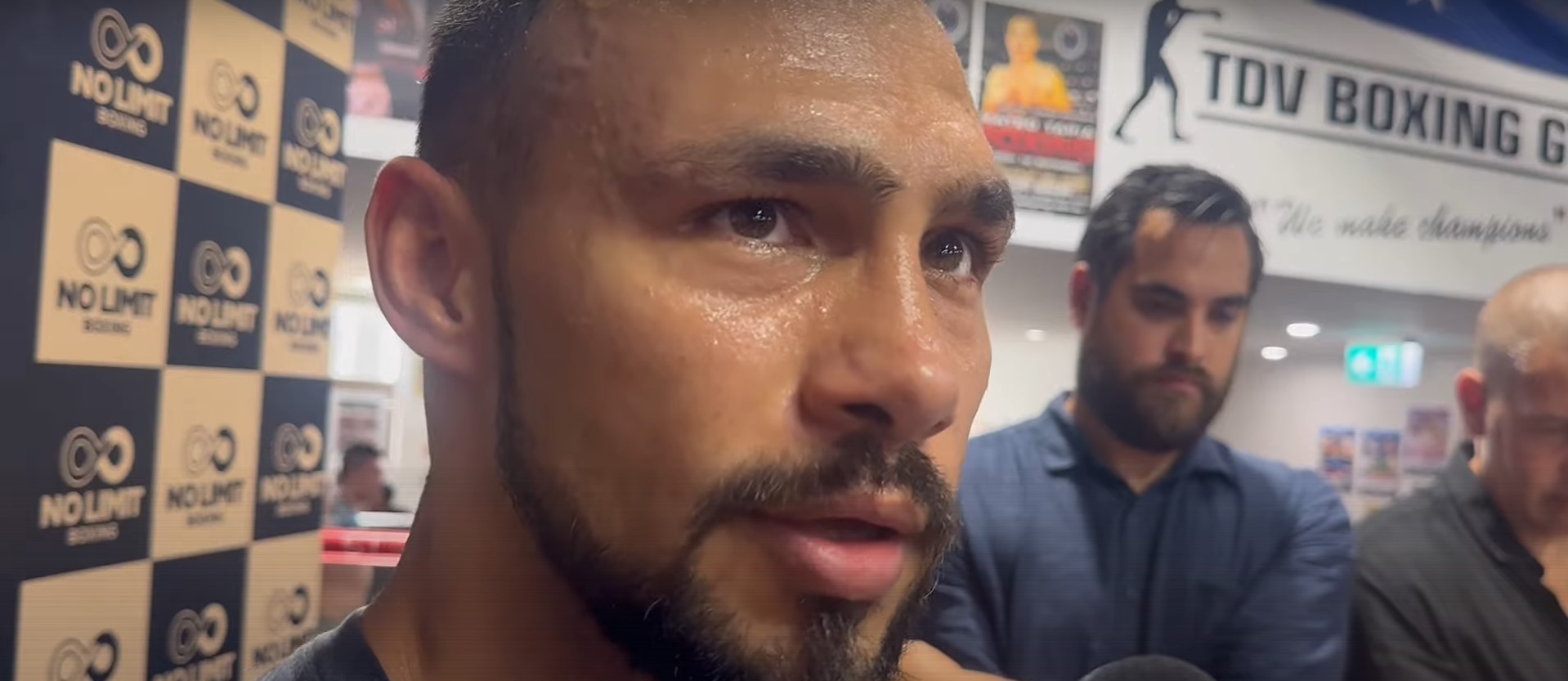British Boxing has been on the rise for a long time and over the last couple of years the sport has become an almost pinnacle on the British sporting landscape.
________________________________________________________________________________
Anthony Joshua’s meteoric rise since his Olympic Gold showing in 2012 and his high-profile IBF Heavyweight World Title win this past weekend, serves as prime example of how strong Boxing is in the UK but also the passionate following it has cultivated over the last decade.
Growing up during the glory years of Ricky Hatton and to an extent, Joe Calzaghe and later Amir Khan and David Haye, British Boxing was largely seen as a second-tier sport, nowhere near the mainstream levels of popularity or coverage that the Premiership, Cricket or Tennis enjoyed – and it was only these few superstars that managed to break through and become household names.
Fighters like Ricky Hatton, who captivated the nation as he surged towards ‘super-fights’ with Floyd Mayweather and Manny Pacquiao were few and far between, but the foundations they lay down paved the way for today’s stars to shine.
However, there were still many other factors yet to fall into place for Boxing to see the explosion of support it has over the last five or six years.
The investment in Boxing at the Grass-Roots level and in particular Team GB development squads have, for obvious reasons, had a profound effect on the quality of Boxers around the country and increasingly – the quality of the training, coaching, support and mentoring these young fighters receive.
Recent graduates of the Team GB squad include World Champions such as James DeGale (the first Brit to win an Olympic Gold medal and a World Title), Billy Joe Saunders and of course, Anthony Joshua.
Not only does this grass roots investment help lay the foundations needed by these young fighters to build upon, but also provides vital experience in travelling and competing that previous generations were not necessarily afforded – experience that these fighters have often cited as a part of their success.
Another influential factor in the rise of commercial viability for Boxing has been the increased competition between promoters and the subsequent investment from broadcasters such as Sky and BoxNation.
Through Matchroom’s deal with Sky and Frank Warren’s BoxNation channel, fans have access to more action and analysis than ever before and subsequently fighters have a bigger platform to perform on.
Increased investment and promotion for shows and up-and-coming fighters, coupled with a focus on creating a more fan-friendly night (similar to the way Darts rose to popularity) have seen crowds not only grow exponentially but also evolve in terms of their demographic with ‘a night at the Boxing’ becoming a more attractive proposition to the casual fan, and increasingly more and more female fans.
Finally, as we all know, success breeds success.
Ricky Hatton was a very popular fighter on his way up with an extremely passionate fan-base, but when he dethroned long-time Light-Welterweight Champion Kosta Tszyu he became much more than that, he became a symbol of the British fighting spirit, someone who stood out as our Champion and the best we had to offer – head and shoulders above anyone else at the time.
(Highlights of Hatton vs Tszyu)
Fast forward to the present day and it is a very different landscape, Britain now has 12 World Champions – not just one stand-out fighter holding the torch as was previously the case.
And with Amir Khan facing Canelo for the WBC Middleweight Title, Ricky Burns facing Michele Di Rocco for the WBA Title and Stephen Smith fighting IBF Champion, Jose Pedraza in the coming weeks, this number could be set to grow even further.
Beyond that, the likes of Callum Smith and Liam Walsh are among a crop of fighters that look to be within touching distance of their own World Title shots as they try and raise that tally of British Champions even further.
Britain’s new-found success on the World scene is not just evident in the number of belts and Titles – turn-out for Boxing in the UK is at all-time high right now with shows up and down the country selling out.
In contrast to this, several high profile shows have struggled to sell, even with a big name such as Adrien Broner sitting atop the card.
However it’s worth remembering that the sheer size of the American market and audience means that the money on offer is still huge, even if the sport isn’t quite as prominent as it is in the UK.
So what is next for British Boxing?
Well for now it seems that the trajectory towards World domination continues and it couldn’t be seen as a shock if, by the end of this year, Britain has 15 or 16 legitimate World Champions – with some mouth-watering potential clashes in the offing.
To see what all-British super-fights could be coming up soon click here.
(Top image source and credit: Skysports.com)
The post The Rise and Rise of British Boxing appeared first on %%Boxing News and Views/%%.




